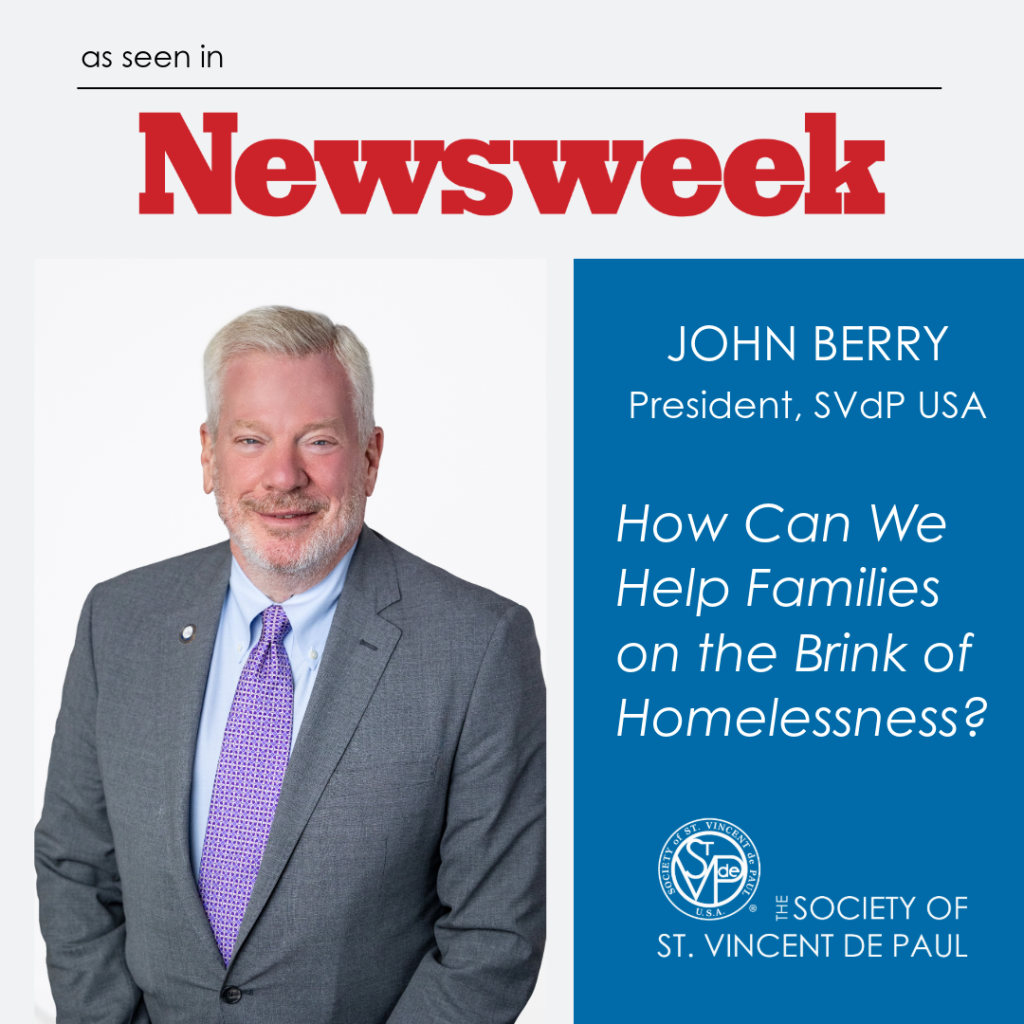 THE RECENT GRANTS PASS U.S. SUPREME COURT DECISION ALLOWS LOCAL GOVERNMENTS TO MAKE IT A CRIME FOR SOMEONE TO LIVE OUTSIDE AND UNSHELTERED IF THEY HAVE NO HOME.
THE RECENT GRANTS PASS U.S. SUPREME COURT DECISION ALLOWS LOCAL GOVERNMENTS TO MAKE IT A CRIME FOR SOMEONE TO LIVE OUTSIDE AND UNSHELTERED IF THEY HAVE NO HOME.
This is concerning because criminal laws do not address the actual problem of homelessness — which has more to do with skyrocketing housing costs and inflation than regulating homeless encampments.
Thanks to our generous supporters, the Society of St. Vincent de Paul spends over $60 million each year on homelessness prevention programs. Our Vincentians make Home Visits, engaging with landlords and developing personalized assistance plans to help those at risk of losing their homes.
These temporary assistance programs work, and they reduce the economic and social strain of homelessness on our communities.
Most importantly, our programs save lives and restore dignity.
Households that receive just $2,000 in emergency financial assistance are 81% less likely to become homeless. In the wake of the Grants Pass decision, the Society of St. Vincent de Paul will continue working to address the root causes of homelessness with positive solutions.

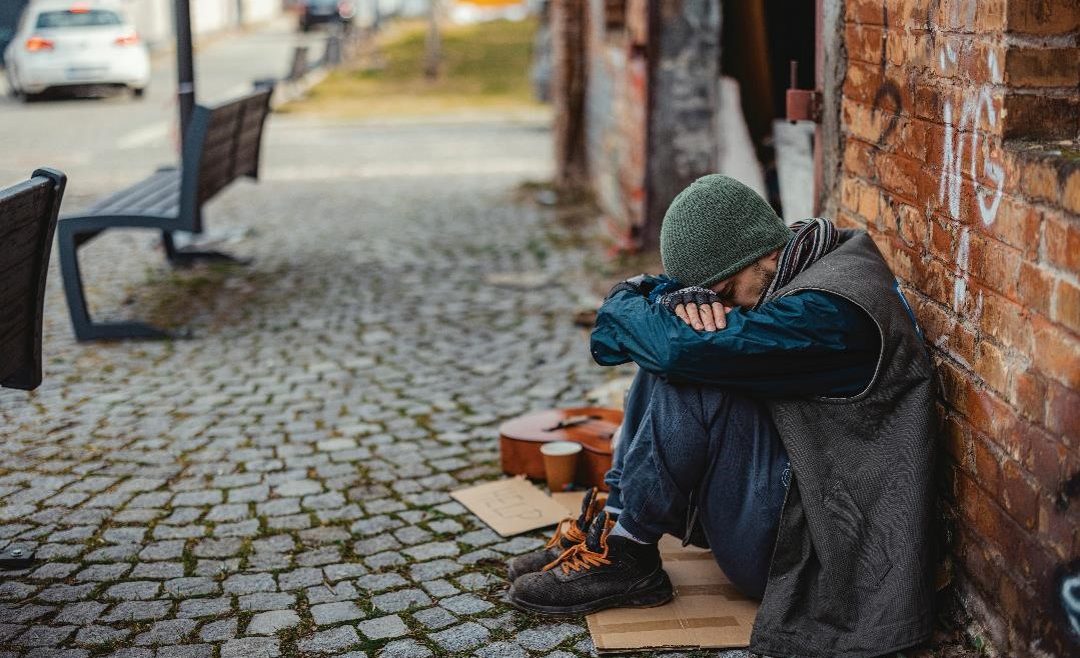
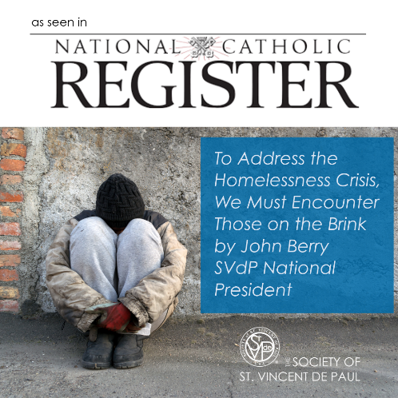
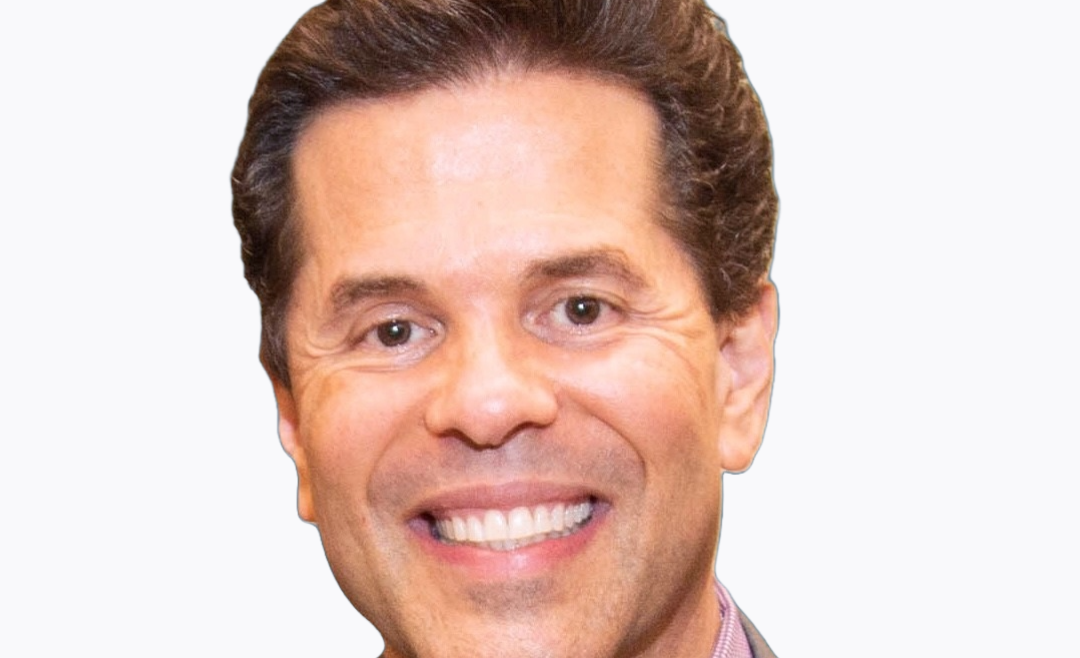
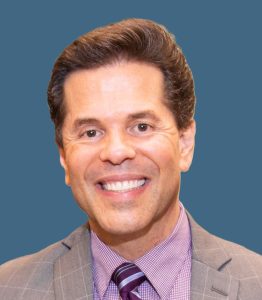 After an extensive nationwide search led by executive search firm
After an extensive nationwide search led by executive search firm 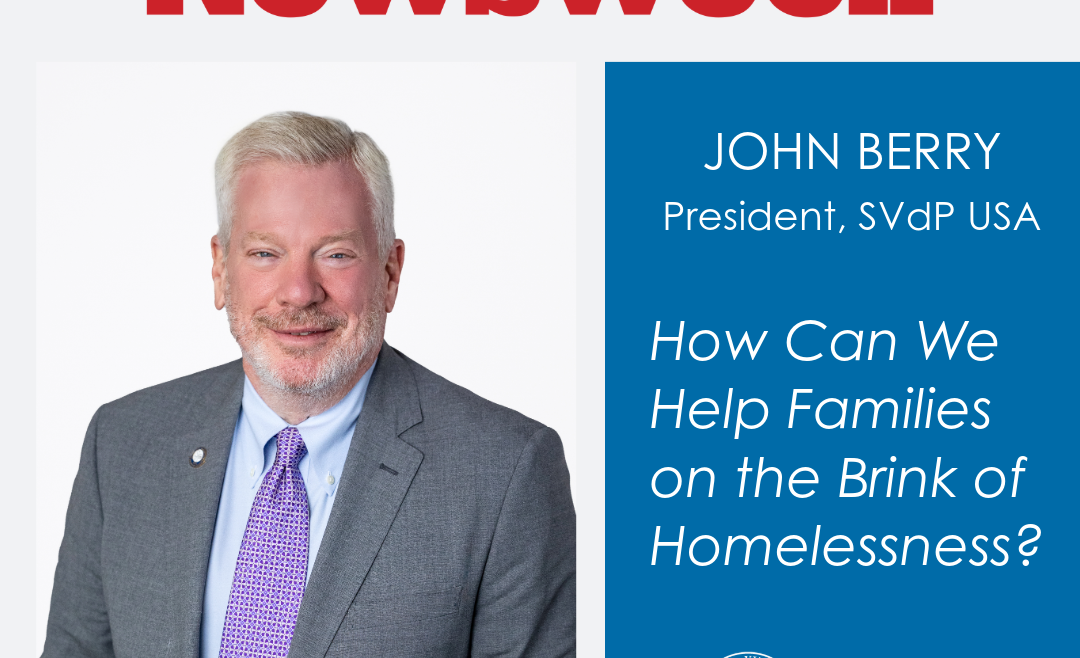
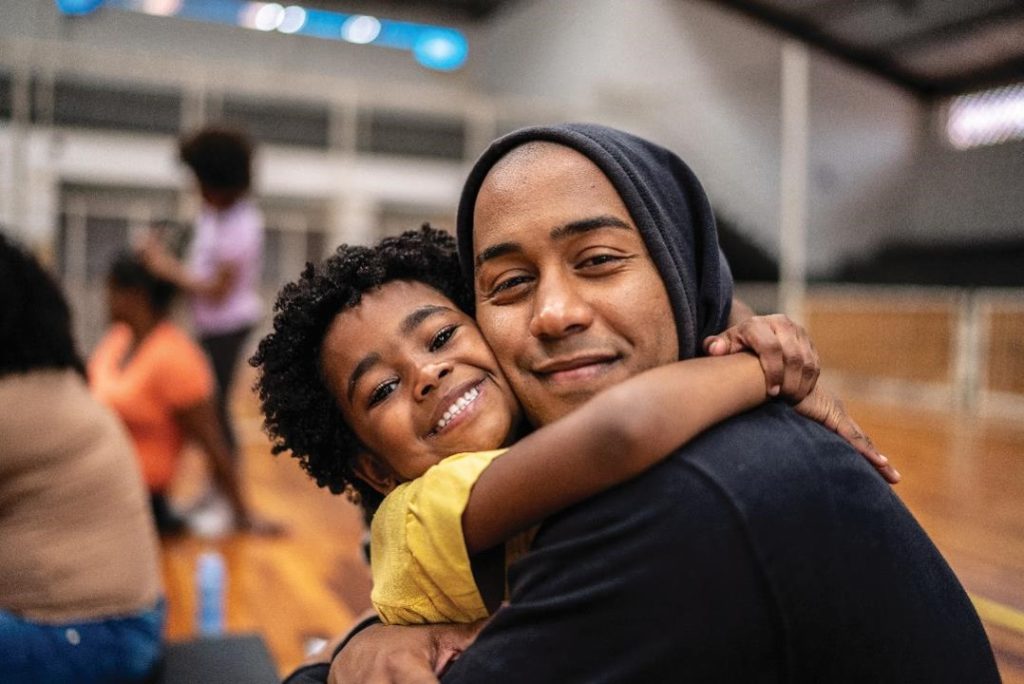 The Supreme Court’s ruling in City of Grants Pass, Oregon v. Johnson calls fresh attention to the nation’s homelessness crisis. In its decision, released last week, the Court ruled that local ordinances with civil and criminal penalties for camping homeless on public land do not violate the Eighth Amendment’s protections from cruel and unusual punishment.
The Supreme Court’s ruling in City of Grants Pass, Oregon v. Johnson calls fresh attention to the nation’s homelessness crisis. In its decision, released last week, the Court ruled that local ordinances with civil and criminal penalties for camping homeless on public land do not violate the Eighth Amendment’s protections from cruel and unusual punishment.